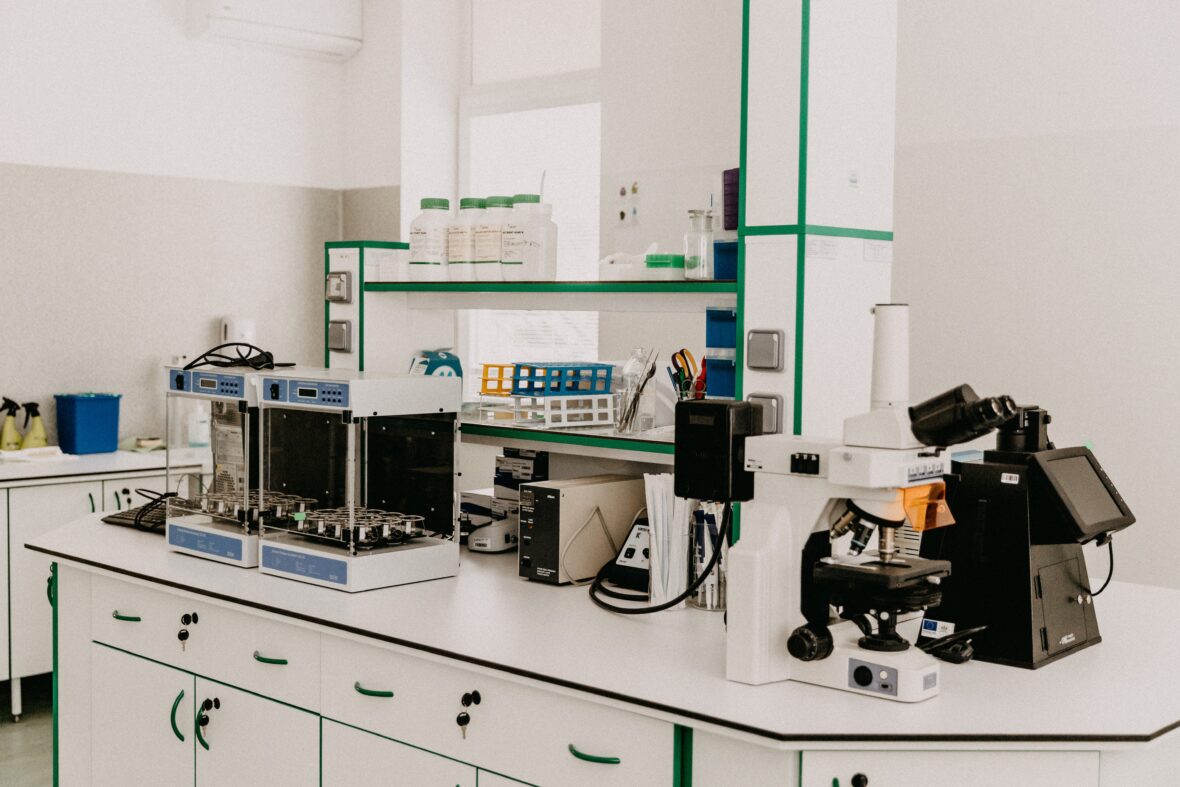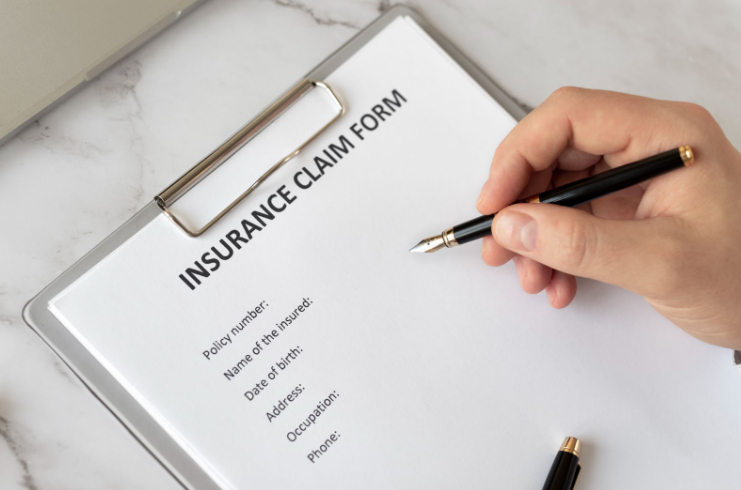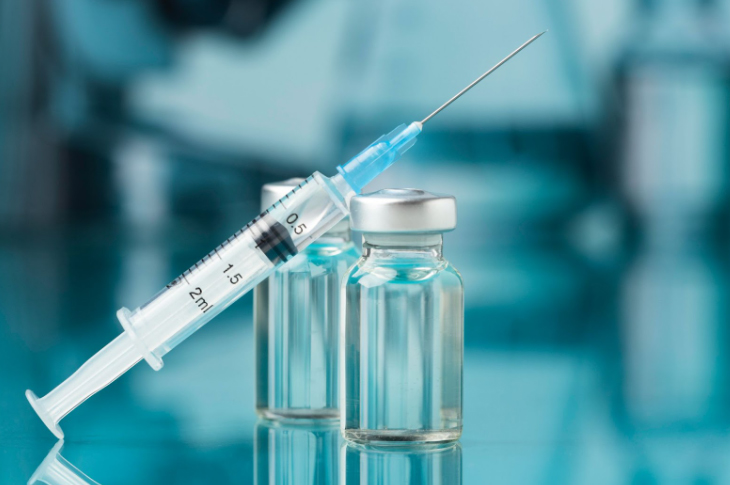What is CLIA Certification and How Does it Affect My Pharmacy?
Across various social media channels and message boards, pharmacy owners are discussing expanding their testing services. Have you started the process of offering approved lab tests at your pharmacy? Are you digging through research to determine if it’s a good idea for your pharmacy’s business model? Wherever you are in the process of implementing testing services, there’s one acronym you will keep coming across, CLIA. We have done the heavy lifting on this topic so you can make an informed decision in determining if and how to launch testing services in your pharmacy.
What is CLIA?
In 1988, Congress passed the Clinical Laboratory Improvements Amendment (CLIA) to have testing accuracy and reliability across all labs regardless of where a test was performed and who administered it.
According to CDC.GOV, “All facilities in the United States that perform laboratory testing on human specimens for health assessment or the diagnosis, prevention, or treatment of disease are regulated under the Clinical Laboratory Improvement Amendments of 1988 (CLIA).”
The three Federal Agencies involved in the CLIA process are The Food and Drug Administration (FDA), the Center for Medicaid Services (CMS), and the Centers for Disease Control and Prevention (CDC).
The complexity of a manufacturer’s test is based on seven categories:
- Knowledge
- Training & experience
- Reagents & material preparation
- Characteristics of operational steps
- Calibration, quality control, & proficiency testing
- Test system troubleshooting & equipment maintenance
- Interpretation & judgment
Each category can be given a score of 1, 2, or 3.
1 = lowest level of complexity
3 = highest level of complexity
The scores are then added up across the seven categories. Manufacturers that get a score up to 12 are categorized as moderate complexity. While those with a score greater than 12 are categorized as having high complexity. A test manufacturer that yields a score of 12 or less may apply for a CLIA Waiver with the FDA.
CLIA-Waived Tests
The FDA determines whether a test qualifies for CLIA waiver when the testing manufacturer applies to be an approved test supplier. The FDA has determined CLIA-waived tests to be so simple to administer there’s a minimal risk of error.
High Complexity tests include:
- COVID PCR tests
- Viral Loads
- Gene chip assays
- Cytology
- Immunochemistry
Tests Granted CLIA-WAIVED status include:
- Urine pregnancy test
- Fecal occult blood
- Ovulation test
- Erythrocyte sedimentation rate
- Strep A tests
- Influenza A/B tests
- Blood glucose tests
- Hemoglobin A1c tests
- Cholesterol tests
- Rapid Influenza diagnostic test
The complete list of tests granted CLIA-waived status can be accessed here.
Location
The complexity of a lab test is determined by what needs to be done to administer the test and obtain accurate results. More complex lab tests may require:
- Highly educated & trained lab personnel
- Storage facilities for proper temperature control
- Complex machinery to test specimen
Clinicians working on more complex lab tests must be able to perform and accurately interpret test results in their specific practice areas. Personnel and components needed for more complex lab tests would need more space than a small office or pharmacy to test specimens efficiently. The next item that determines a test’s difficulty is the process involved in collecting the sample, testing it, and interpreting the results.
Functions in a more complex lab test may include:
- Method of specimen collection
- Sample viability during storage and transport
- Obtaining two samples for repeated tests
- Proper interpretation of tests results
When you consider the process involved in conducting COVID-19 testing, the difficulty in collecting nasal swab specimens and achieving test results is much simpler than what’s involved in doing a spinal tap to diagnose meningitis. Therefore, the process of what needs to be done to perform laboratory tests also determines the location of the testing facility.
Why CLIA Certification?
CLIA Certification is necessary to be compliant with Federal and State regulations. These laws are put in place to ensure quality laboratory testing. Without testing regulations and standards, there would be no clear, concise way to detect the presence or absence of certain illnesses. Such unreliable testing conditions would significantly limit the quality of healthcare. Many of the prescriptions patients fill at your pharmacy were likely deemed necessary based on the result of a CLIA Certified or Waived testing facility.
Who Needs CLIA Certification?
CLIA Certification is required for any facility that performs testing on materials derived from the human body with the intent to diagnose, prevent, or treat any disease. However, CLIA is not required for specimen collection when the location collecting the sample sends it off to a reference lab to conduct the testing.
Consider these two scenarios:
Hospital A
Collects specimen that gets sent to a reference lab for testing and diagnosis.
Hospital B
Collects specimens and has a lab within the hospital for testing and diagnosis.
Since Hospital A only collects the specimen, a CLIA certification is unnecessary for their location.
However, Hospital B does conduct testing using its in-house lab; therefore, a CLIA certification is required.
The Five CLIA Certificates
- Certificate of Waiver (COW) – pertains to labs that only do waived tests. This certification allows pharmacies to provide point-of-care testing with a waived degree of complexity.
- Certificate of Provider Performed Microscopy Procedures (PPM) – pertains to specific microscopic procedures done while a patient is in the provider’s office. This certification is given to physicians and mid-level providers to conduct moderately complex microscopic tests. These tests do not fall under the criteria of CLIA-waived tests.
- Certificate of Registration – issued to a laboratory seeking a Certificate of Accreditation or Certificate of Compliance. This certificate allows labs to conduct moderate or high complexity tests and is temporarily provided until the CLIA survey is completed.
- Certificate of Compliance (COC) – refers to labs that have met state requirements and are approved to conduct non-waived tests. Facilities with this certification can perform both moderate and high complexity tests.
- Certificate of Accreditation – issued to a lab accredited by an approved accreditation organization. Facilities with this certification can perform both moderate and high complexity tests.
When a CLIA Certification is granted, a ten-character alphanumeric number gets assigned to the laboratory. This CLIA ID number is given to all CLIA labs that fall under any of the five categories listed above.
How does a lab become CLIA Certified?
A facility can become CLIA Certified by completing FORM CMS-116 on the CMS website or through your local State Agency.
Labs that do not require CLIA certification include those that:
- Conduct tests for forensic reasons only
- Test on human specimens but don’t report patient-specific test results
- Certified by the Substance Abuse and Mental Health Administration
Independent Labs
Reference or independent labs are Medicare enrolled labs that receive specimens from another referring lab and conduct the needed tests. Reference labs also fall under CLIA requirements since they conduct tests that provide patient-specific results for diagnosis, prevention, and treatment.
Examples of reference labs include:
- LabCorp
- Quest Diagnostics
- American Medical Laboratories
How is Pharmacy Practice Affected?
Understanding CLIA helps pharmacy owners determine the following:
- Which tests to offer
- Whether staff is training necessary
- What types of personnel need to be hired
- How they can better serve the needs of their community
- What supplementary services can be provided in correlation to the testing services available
For example, Rapid COVID tests can now readily be sold at pharmacy locations nationwide because of the low complexity involved in administering the test. In addition to COVID tests, pharmacy owners have provided immunity packs to patients to help improve the patient’s health while increasing OTC sales.
Are you ready to get started with this service in your pharmacy? DocStation has the solutions to help your pharmacy get paid for the testing services you choose to provide.
References
CDC Waived testing
https://www.cdc.gov/labquality/waived-tests.html
Provider Performed Microscopy Procedures (PPMP)
Types of CLIA Certificates
https://dhhr.wv.gov/ols/regulatory/Documents/Types%20of%20CLIA%20Certificates%20Explained.pdf





